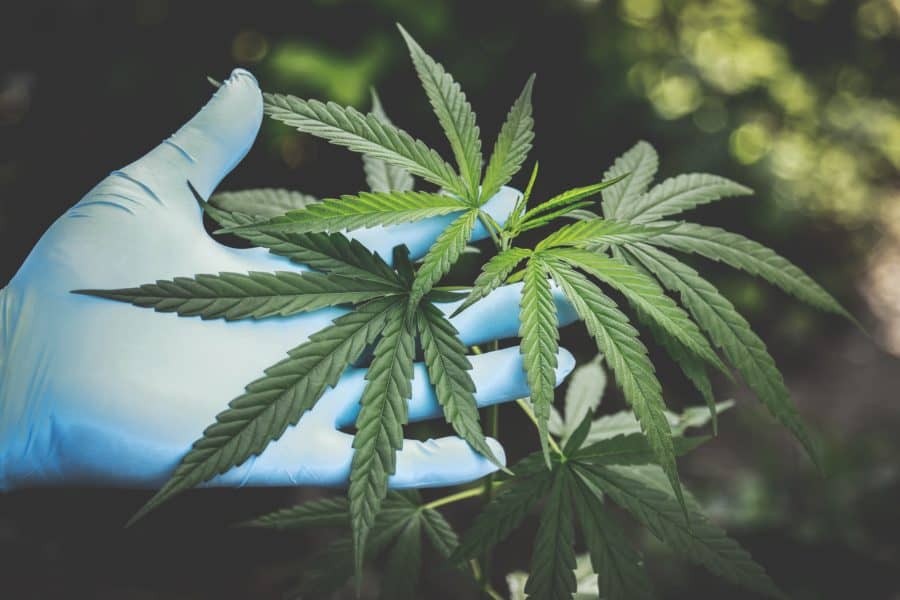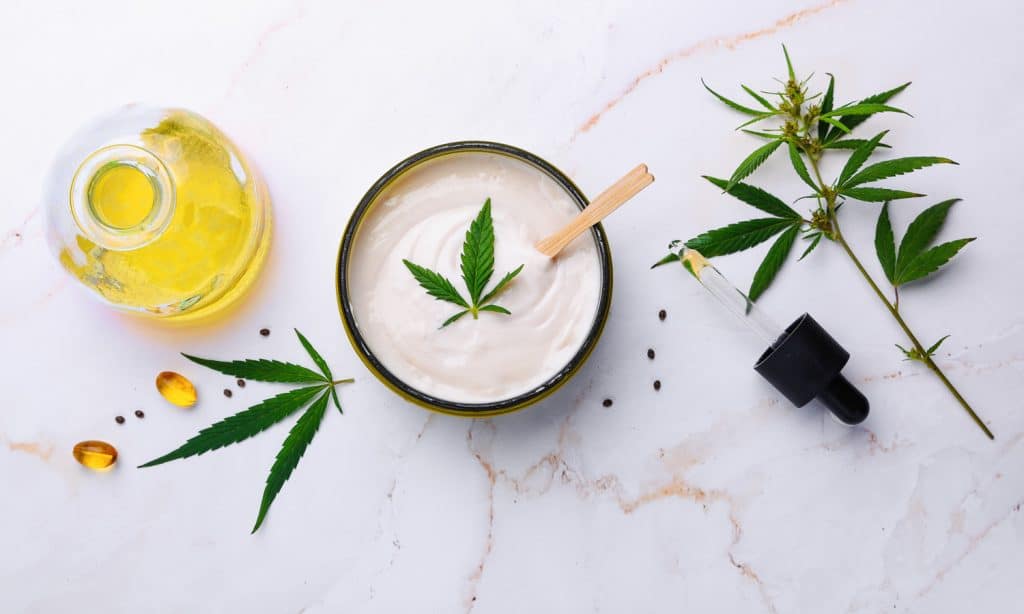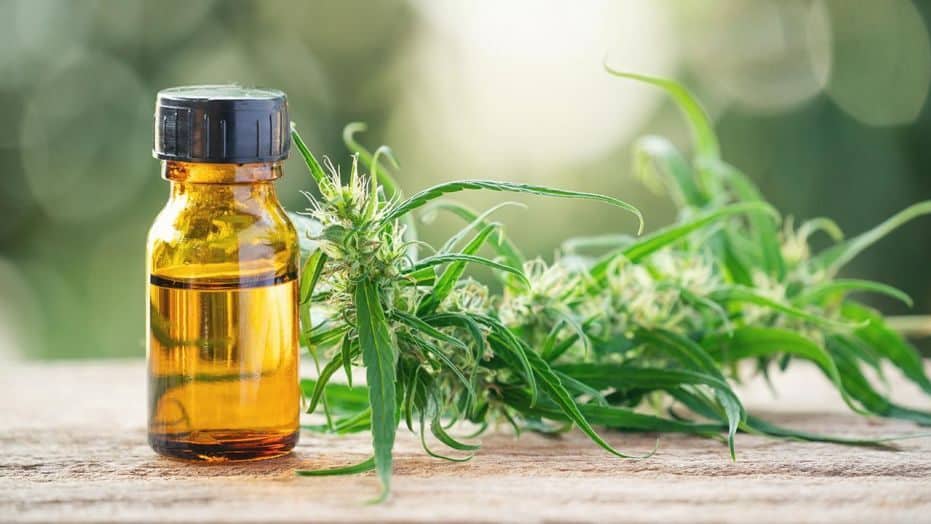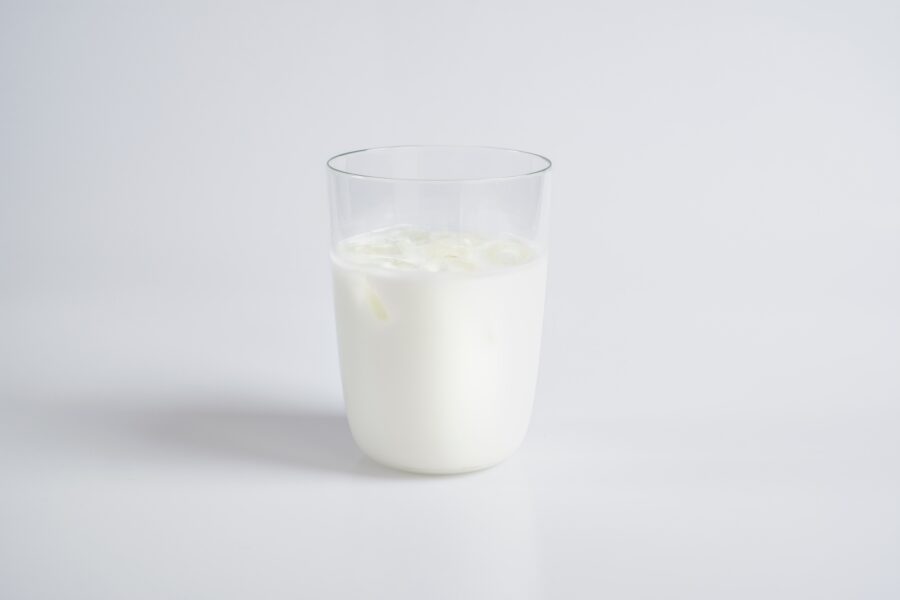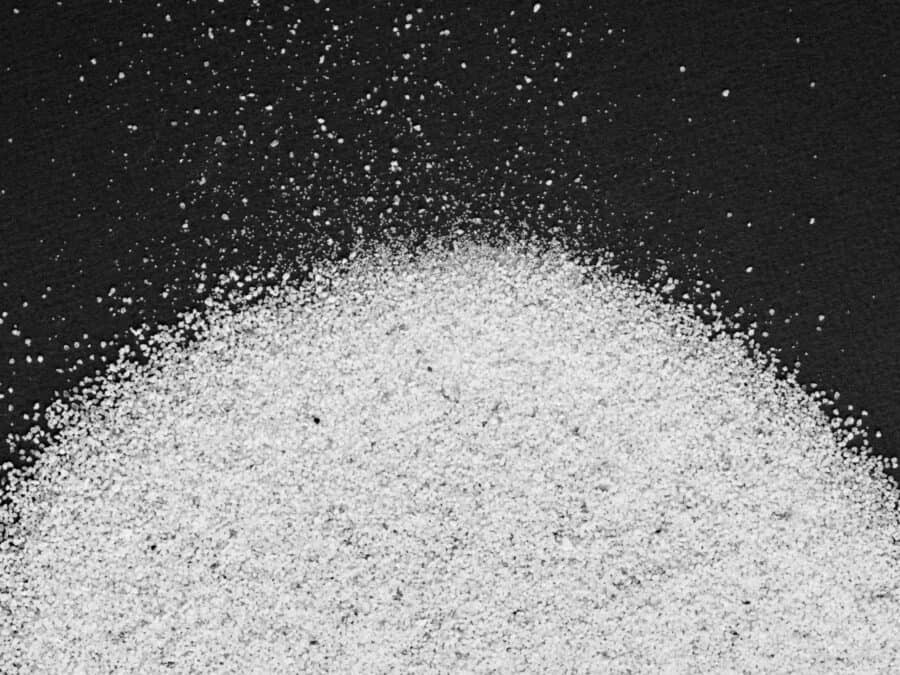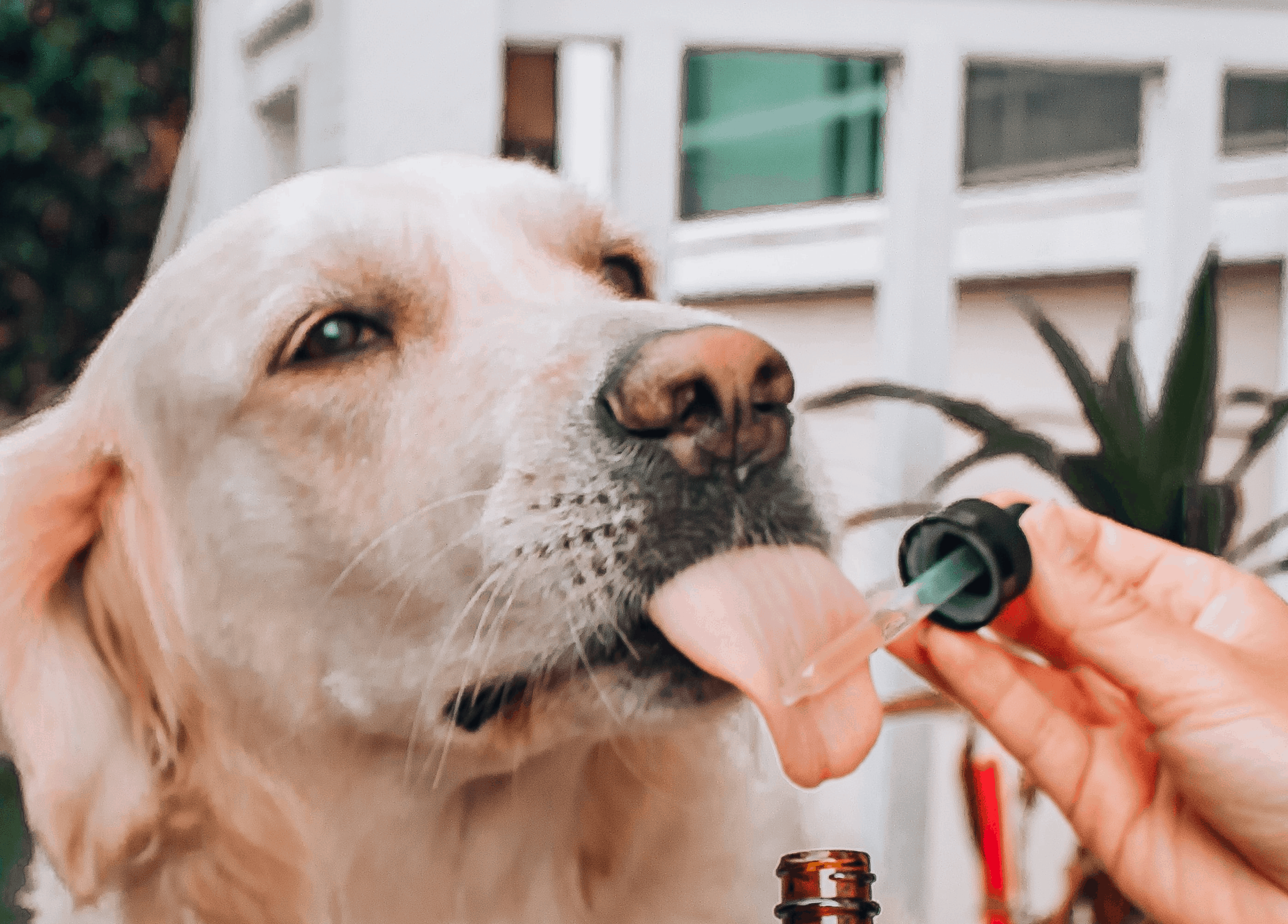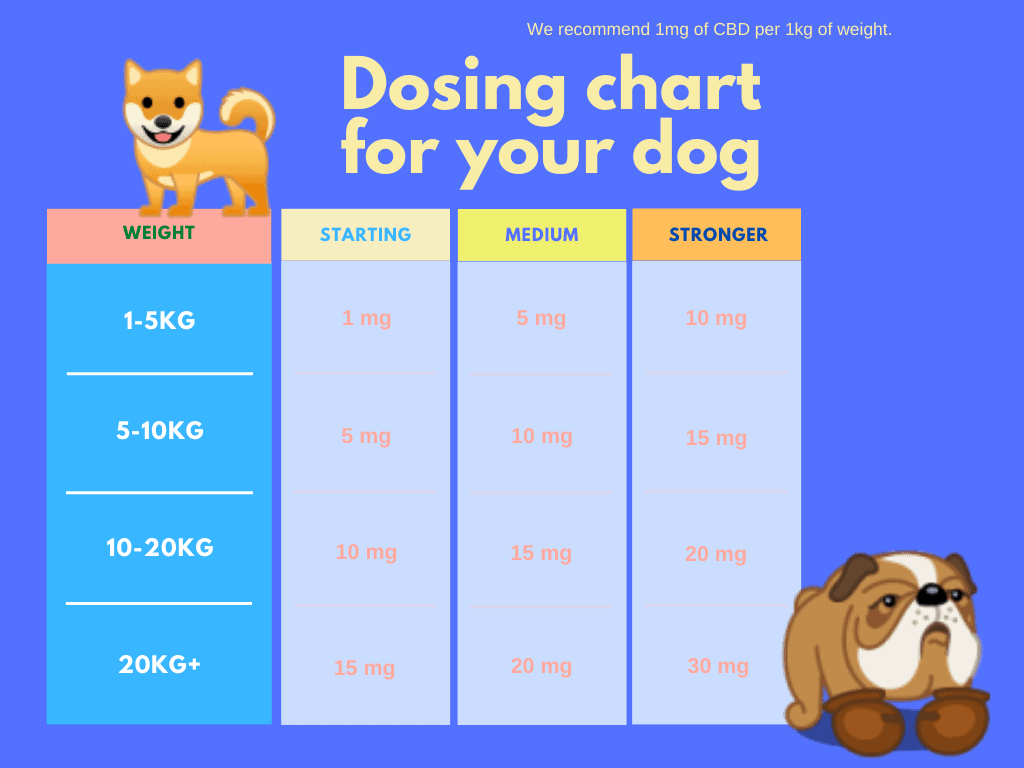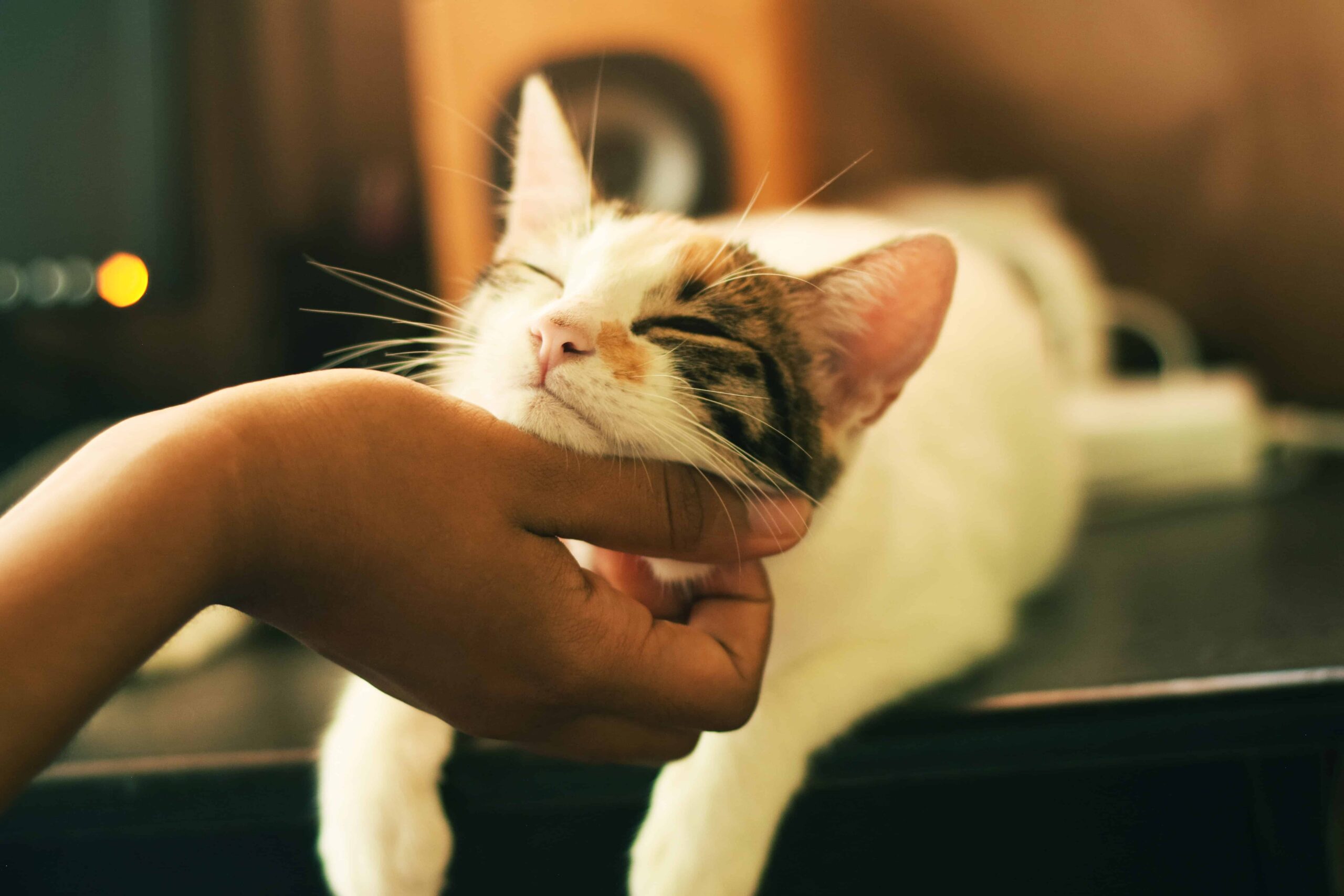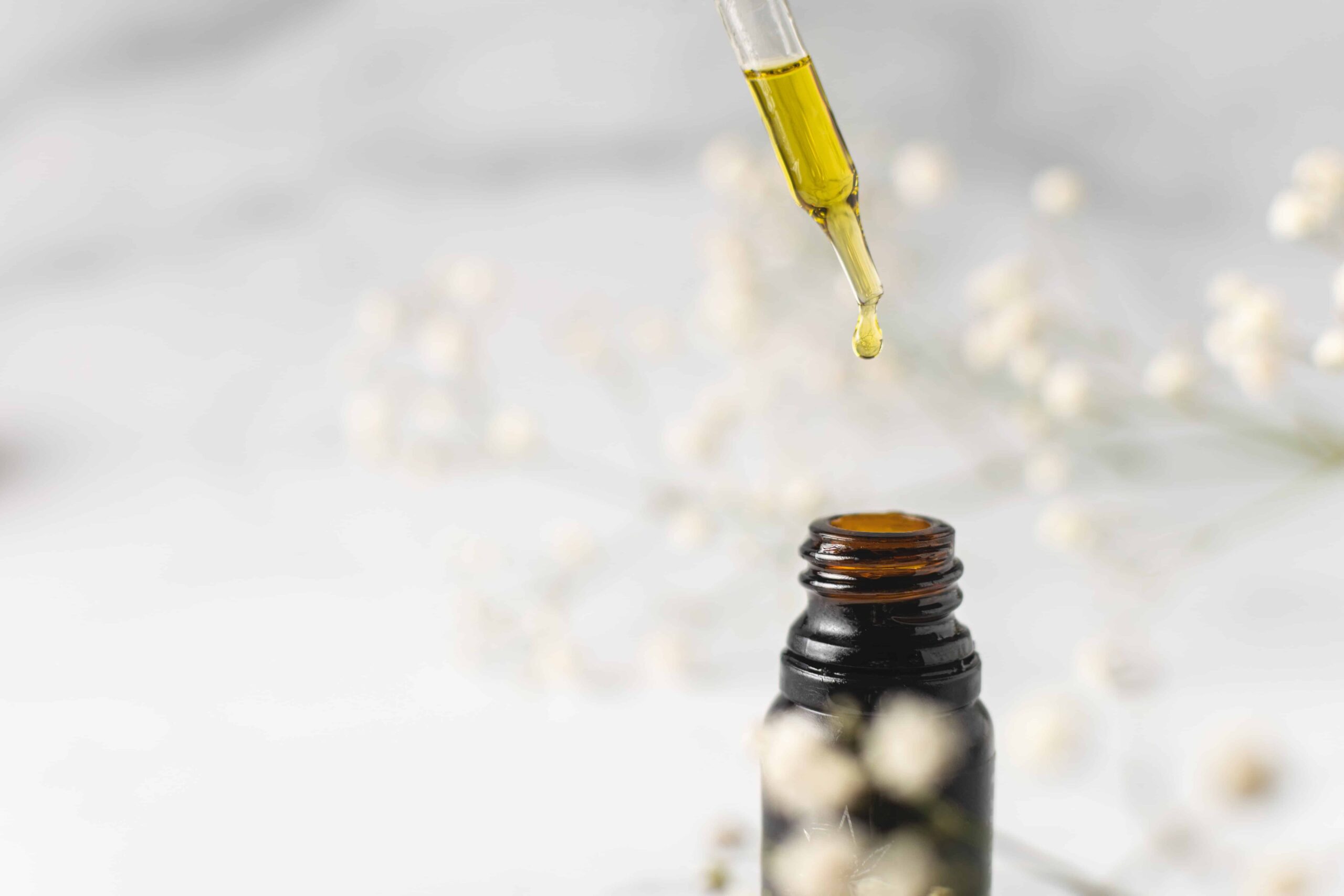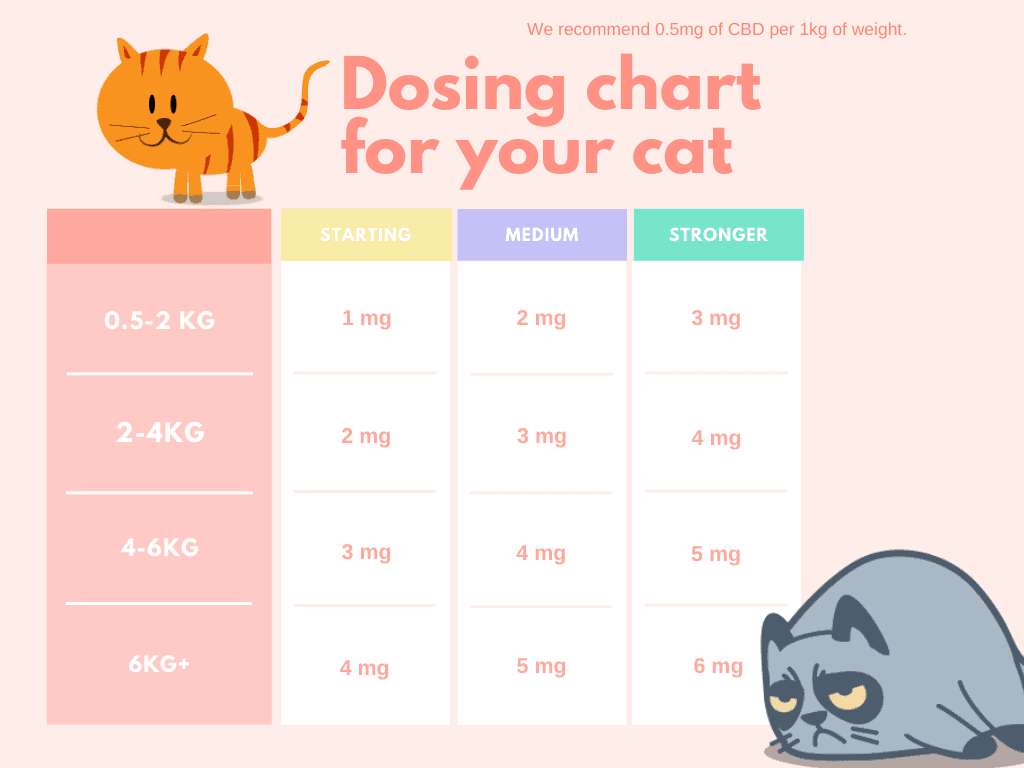How To Make Water Soluble CBD?
CBD oil is the most commonly used form of cannabidiol. Although it has moderate bioavailability of 13-19%, that is not enough. Moreover, when people take CBD oil, lots of it goes through first-pass metabolism (metabolism in the liver immediately after absorption), and a considerable amount of it is destroyed.
These issues related to CBD bioavailability forced researchers to look for alternative ways of delivering CBD to the body. Of course, CBD inhaling is an excellent option, however it is not for everyone. Thus, researchers came up with another technology that is creating water soluble CBD.
What Is Water Soluble CBD
A substance can be described as water soluble essentially when it has the capability to dissolve in water. CBD does not have this ability naturally so we have to process it in order to be able to disperse it in water and other liquids. The finished product that can easily be added to food or drink, which provides endless opportunities for different types of products. But this process can be quite complicated.
Wholesale Water Soluble CBD Isolate
Seize the opportunity with high-quality water-soluble CBD isolate, craft unique products, and get ahead of your competition.
Click here for more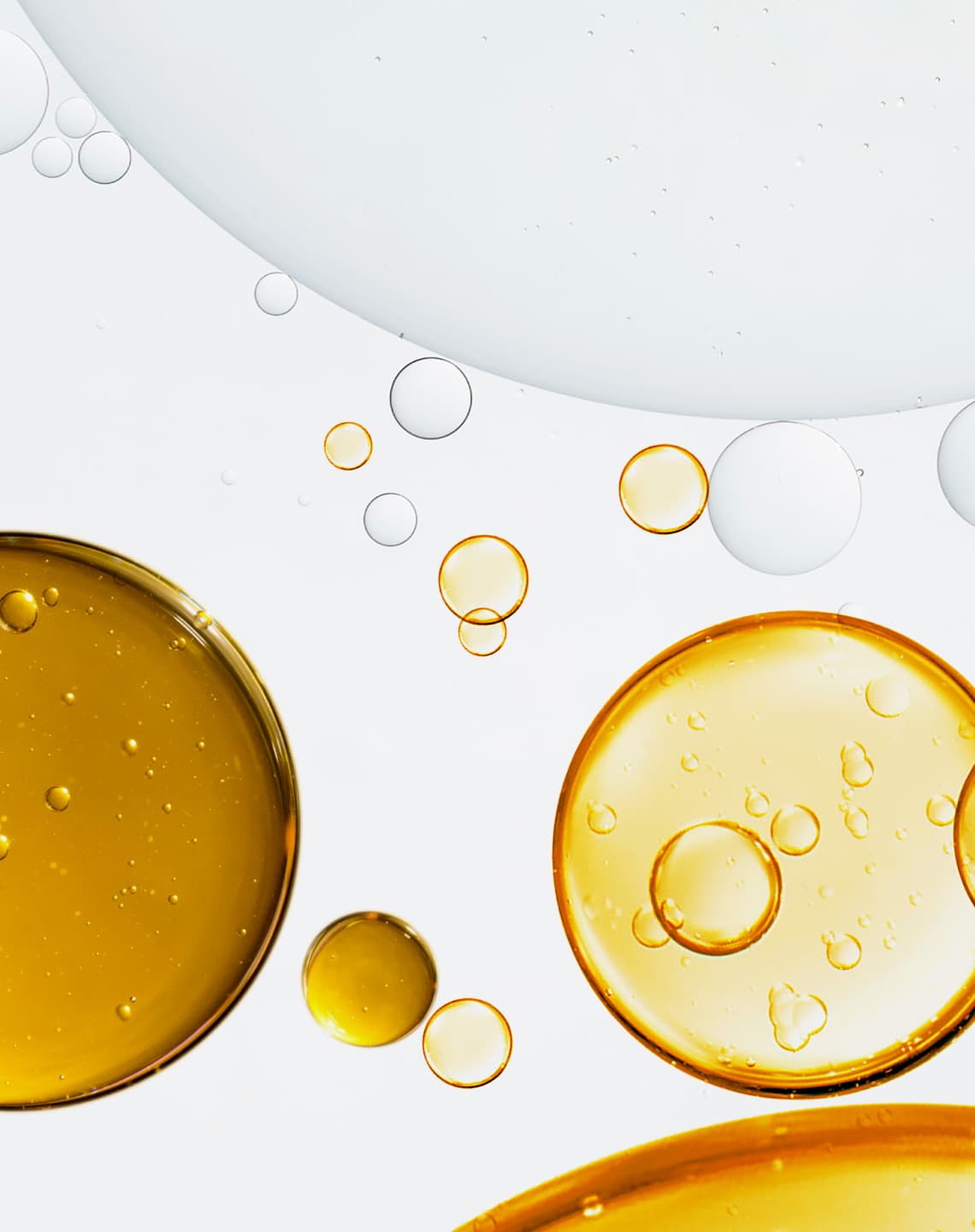
Challenges in creating water soluble CBD
It is not as straightforward as it may sound. One cannot just directly dissolve CBD isolate or CBD distillate into the water. It is because the CBD molecule is lipophilic. That is, it loves oils but repels water. So, only an inconsiderable amount of CBD powder would dissolve in the water.
Nevertheless, researchers have long known various natural products in which oil molecules are suspended in water as if they are mixed with it. It is called emulsion. Some of the good examples could be milk and egg yolk. There are known ways of emulsification, and the same can be applied for producing water soluble CBD.
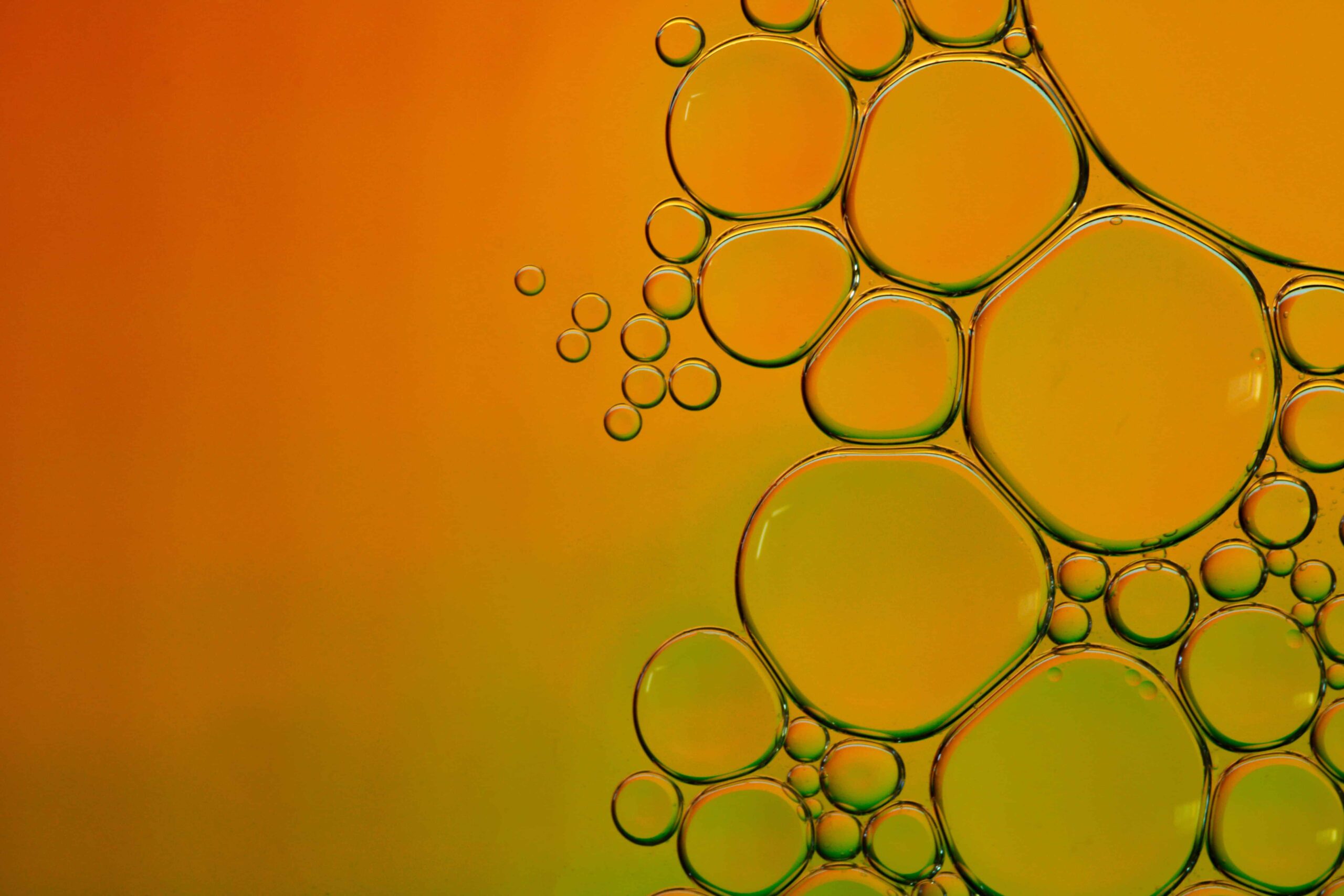
How water soluble CBD is made
Water soluble CBD isolate or distillate still require the use of oil. It is because CBD simply does not mix well with water. So, how to make water soluble CBD? The starting point in creating water soluble CBD is mixing it with oil. Then comes the next step, which is breaking these CBD oil particles into tiny (nano) droplets so that they can remain suspended in the water. Thus, the resulting solution is a nano-emulsion.
There are many ways of breaking CBD oil into smaller particles. But the most common strategy used is deploying either high shear mixers or high energy ultrasonic sound waves. There are special machines in which this whole process is carried out. This equipment can break CBD oil into nanoparticles, small enough to get homogeneously suspended in the water, and remain stable for quite a long time.
Usually, ultrasound homogenizers (using ultrasonic waves) are regarded better than high shear mixers (moving oil and water mixture at high velocity). However, most producers use a combination of these methods. One can start with high shear mixers and then use ultrasound homogenizers to produce even better and more stable nano-emulsion.
These nanoparticles are so small that they can readily penetrate through various membranes, including intestinal membranes. These particles can also escape the first-pass metabolism in the liver in large amounts. All this means far greater bioavailability of CBD.
Unique CBD Products With Private Label
Retail-ready formulas not your type? Reach out and develop your own custom formulation.
Private label solution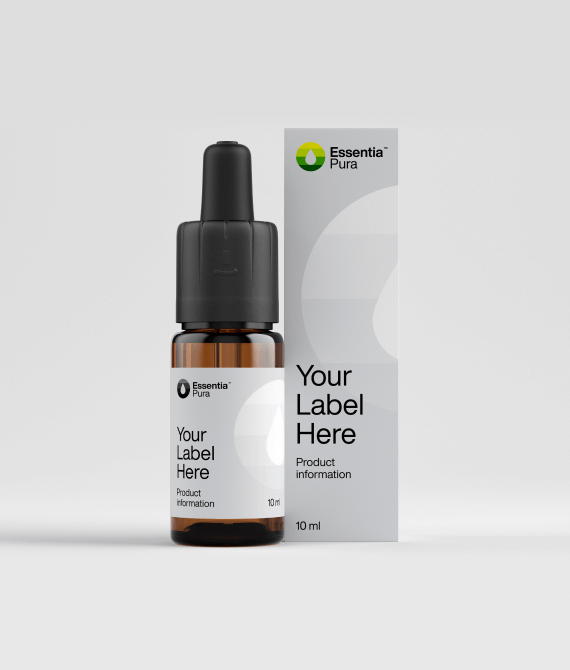
Liposomal CBD vs water soluble nano-emulsion
There are other well-known ways of boosting the bioavailability of various natural extracts. One such method is using liposomes as carriers. Liposomes form a bubble-like structure over natural extracts like CBD resulting in better absorption.
Although there is no doubt that liposomal CBD has better bioavailability than CBD oil, it is still inferior to water soluble nano-emulsion. It is because the size of CBD droplets in nano-emulsion is extremely small. In contrast, liposomes are 10 to a hundred times larger than nano-emulsion droplets. Thus, despite the benefits of improved bioavailability, liposomal technology is much inferior to water soluble nano-emulsion.

Kinds of water soluble CBD
When choosing water soluble CBD, one does not have to compromise on the range of options. Like non-water soluble options, water soluble CBD is available as isolate, distillate, and even full-spectrum.
Water soluble CBD isolate
Much like CBD isolate powder or CBD crystals, it contains CBD without other cannabinoids and is THC-free. It is loved by many due to its perceived better safety profile and a wide number of applications. It may be a better fit for certain kinds of products like edibles, CBD for older adults and athletes, and so on. Nonetheless, it is less potent due to the lack of entourage effect.
Water soluble CBD distillate
This is perhaps an optimal solution for most needs. It contains CBD, other cannabinoids, and terpenes but is free from THC. Thus, it is generally regarded as quite potent and safe for special population groups who do not want any THC like athletes.
Full-spectrum water soluble CBD
As the name suggests, this is CBD along with other cannabinoids, terpenes, and even traces of THC. THC is only in the permissible levels, which is usually below 0.2%. Therefore, it is a very small amount of THC to cause any mind-altering effect. However, full-spectrum water soluble CBD wholesale might be better for producing products for severe conditions like anxiety, sleep disorders, and so on.
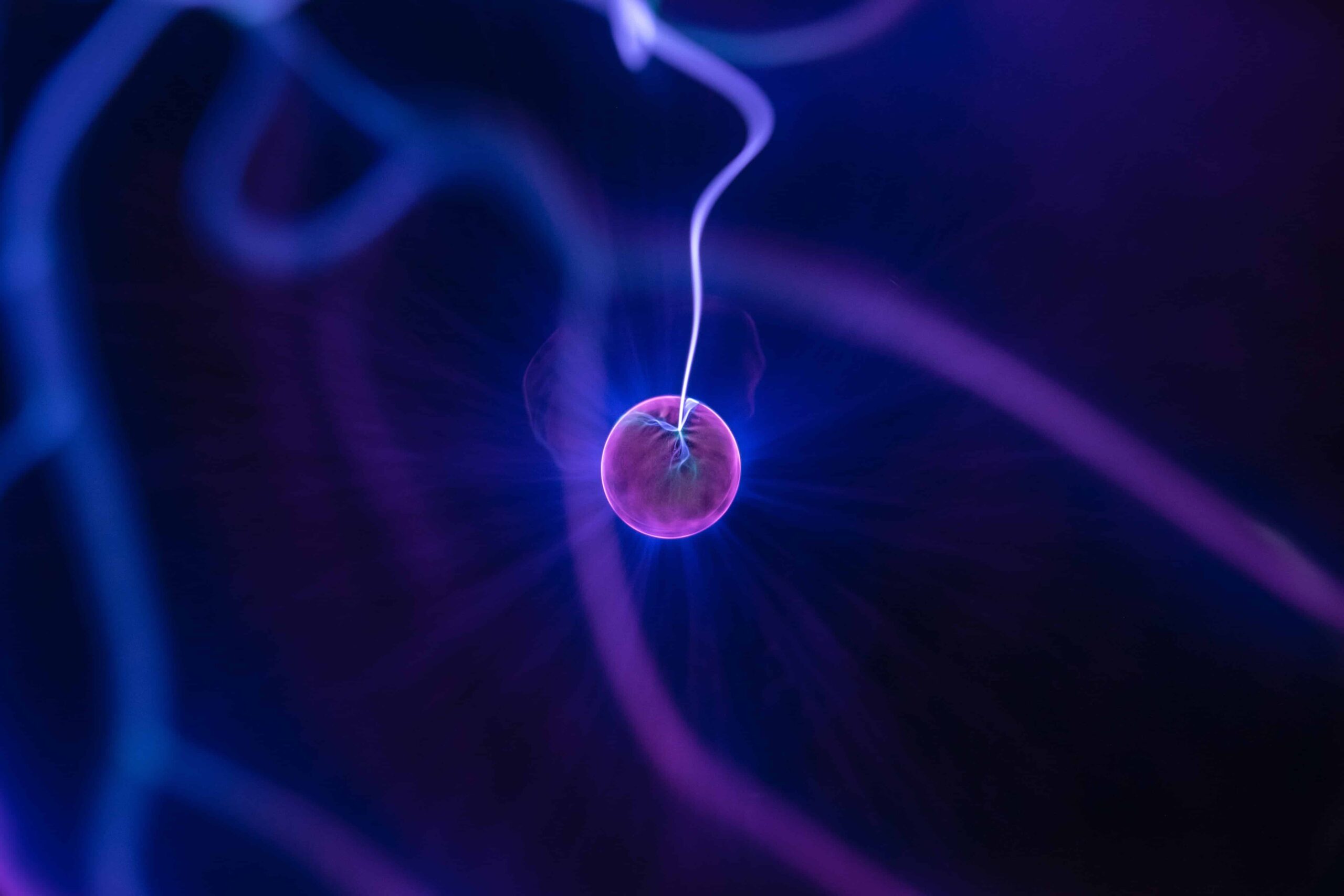
6 Water Soluble CBD Benefits
There are numerous benefits of water soluble CBD:
- The main and most noticeable benefit is that water soluble CBD provides a very high absorption rate. This means that a certain dose will show more powerful effects than with other forms. Many of its other benefits correlate with this greatly.
- It is a cost-effective way of enhancing the bioavailability of CBD, which helps keep the cost of CBD products low and yet improve its effectiveness.
- Water soluble CBD is proven in human studies to have reliably better pharmacokinetics. In one of the human studies, water soluble CBD was 4.5 times more bioavailable than CBD oil. Thus, it is considerably better than other technologies like liposomal or the addition of other herbal extracts.
- Convenience for both users and producers. For users, water-soluble products are easier to use and carry. For producers, it also means ease of adding CBD to various formulations.
- It starts acting faster, and thus, those who use water soluble CBD always prefer it.
- Another benefit of water soluble CBD is that it can be more easily measured and dosed due to the precise nature of the process it goes through.
It is vital to understand that not all benefits of it are visible. For example, water soluble CBD achieves a much higher concentration in various organs, especially when used for prolonged intervals. It means that people may achieve health effects that they could not get from other types of CBD products.
Would you like to see a different approach in making CBD water soluble? We are open for discussions at info@essentiapura.com. If you are ready to dive into water-soluble CBD, complete our contact form here to get your samples!


